Here’s a piece of news you may have missed. The EU has shelved its trade talks with India. At the same time, the tiny European Free Trade Association (Iceland, Liechtenstein, Norway and Switzerland) is looking forward to a comprehensive FTA with India later this year. Given that India grew by 4.6 per cent in 2013 while the eurozone shrank by 0.4 per cent, I’d say the EU is missing an opportunity. The worst loser, naturally, is the United Kingdom. India is a common-law democracy which, at least for business purposes, is English-speaking. It is the fourth-largest investor in the UK, owning Tetley tea and Jaguar cars among other things. There are 1.4 million Britons of Indian origin. Yet we can’t sign an FTA with India — nor with anyone else. We gave that power to Brussels on the day we ceased to be sovereign, 1 January 1973.
Then, Western Europe accounted for 36 per cent of the world’s economy. Today, the figure is 22 per cent, and in 2020 it will be 15 per cent. I made a throwaway remark the other day to the effect that every continent on the planet was now growing economically except Europe and Antarctica. A Spanish friend got in touch crossly, submitting reams of statistics to dispute my claim. His figures were unarguable: Antarctica is returning to growth as the cruise ships come back in record numbers. Only Europe dwindles.
Much of the world’s growth is coming in English-speaking countries. Here, according to the Heritage Foundation, are the freest economies on earth in 2014:
- Hong Kong
- Singapore
- Australia
- Switzerland
- New Zealand
- Canada
Only in our present age would anyone think it impolite to point out what five of the six have in common.
What’s so special about the Anglosphere? Chiefly the common law. While other legal systems are deductive, in the sense that a law is written down in the abstract and then applied to particular cases, the common law builds up case by case, like coral. It concerns itself, not with theoretical principles, but with actual disputes. In consequence — and no one is really sure how this came about — it rises from the people rather than descending from the government, assuming residual rights and personal liberty. If something is not expressly prohibited, we expect to be able to do whatever we bloody well like. That attitude makes for a strong economy and a free society.
One man who knows this in his bones is Tony Abbott. He is the most flattering kind of Anglophile: one who sees us British as we are, ‘with all our crimes broad blown, as flush as May’, and yet likes us anyway. But he has given up using the word ‘Anglosphere’ since, whenever he does so, his opponents affect to see connotations of nostalgia, colonial cringe and even racism. In fact, of course, the Anglosphere concept is about institutions, not ancestry. It explains why Bermuda is not Haiti, why Hong Kong is not China, why Singapore is not Indonesia. Regular elections, uncensored newspapers, habeas corpus, sanctity of contract, individual freedom, open markets — these things are not the natural condition of an advanced state. They were evolved overwhelmingly in the language in which you are reading these words. When we call these precepts ‘Western’, we’re being polite: they became Western because of a series of military victories by the English-speaking peoples.
Which countries are in the Anglosphere? Good question. Everyone includes the US and Canada, Britain and Ireland, Australia and New Zealand. Almost all add Hong Kong and Singapore together with the remnants of Britain’s colonial archipelago (the Falklands, Gibraltar and so on). Some count South Africa, or at least its Anglophone provinces, and some the more democratic Caribbean states. The elephant — for once the metaphor is precisely apt — is India which, if included, would make up two thirds of the Anglosphere’s population. I’m optimistic about the great subcontinent: its soldiers don’t get involved with politics, its elections are free and, critically, its legal system is a mechanism for individuals seeking redress, not an instrument of state control. For decades, India underlined its independence by promoting the Hindi language, economic protectionism and equidistance between Washington and Moscow, but that is now past. George Bush welcomed India into an American alliance and, though Barack Obama has neglected that relationship, Tony Abbott and David Cameron have worked to draw India deeper into the community of English-speaking peoples. Whether or not they succeed is arguably the most important geopolitical question of the century. An Anglosphere military alliance, resting on a free trade area and including India, could exert a benign pull on mankind. Such a free trade area would, of course, require the UK and Ireland to leave the European Union — which would be a delicious bonus.
The first thing we should do when we leave is to restore to Australian and New Zealand nationals the automatic airport access currently enjoyed by EU citizens. Who has a stronger claim on our friendship? There were no queues at Gallipoli.
Got something to add? Join the discussion and comment below.
Get 10 issues for just $10
Subscribe to The Spectator Australia today for the next 10 magazine issues, plus full online access, for just $10.
Daniel Hannan is a Conservative Member of the European Parliament. His book How We Invented Freedom and Why It Matters is published by Head of Zeus and is available through Amazon.
You might disagree with half of it, but you’ll enjoy reading all of it. Try your first month for free, then just $2 a week for the remainder of your first year.

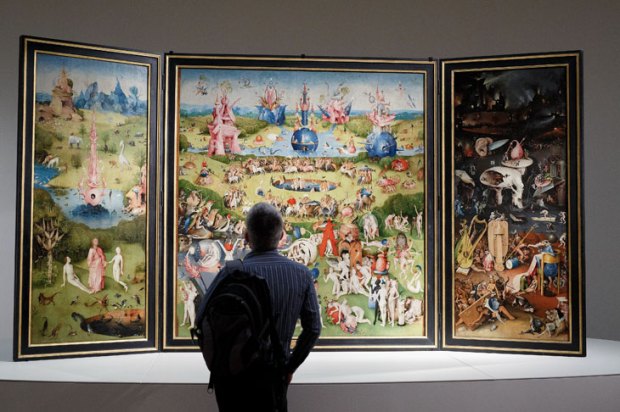
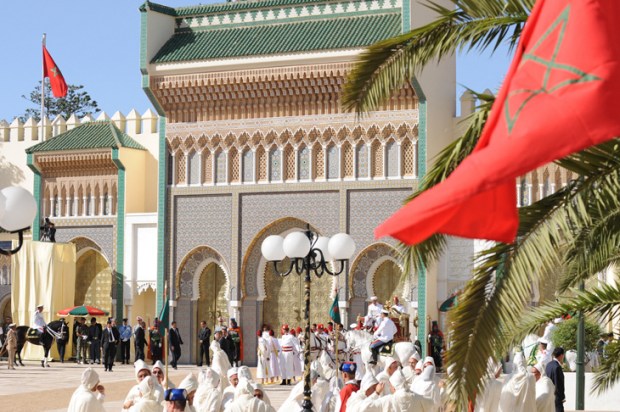
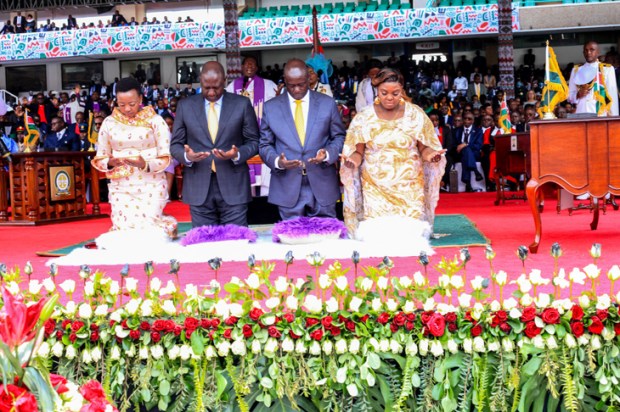

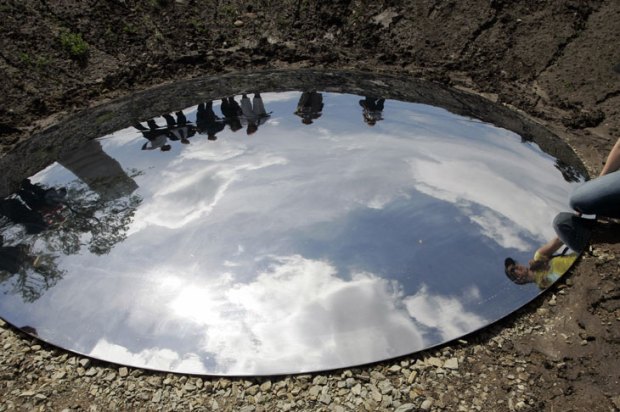
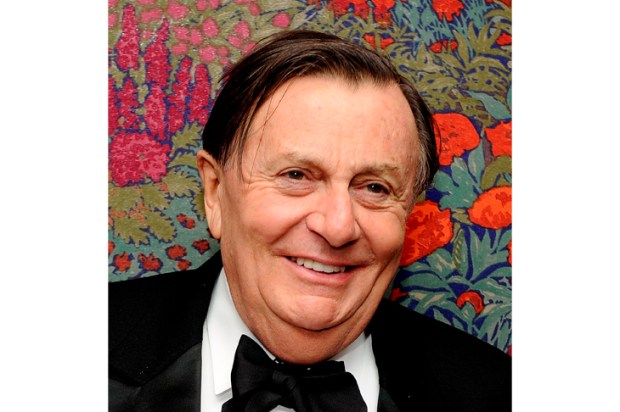






Comments
Don't miss out
Join the conversation with other Spectator Australia readers. Subscribe to leave a comment.
SUBSCRIBEAlready a subscriber? Log in